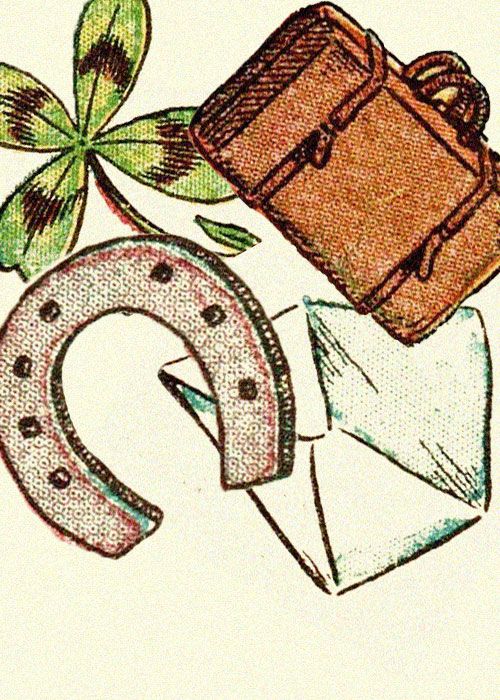Foundation seemed useless, and that''s why I loved it.
September 13, 2020
This was original published in the first issue of The Yelli Pages, a newsletter I ran at Srishti with Harshita C, Manasvini SN and Anvay Sudame. Writing is a little eh but the spirit is the same.
In an attempt to get you to sign up for our newsletter I, regrettably, promised you ‘useful stuff’. Why wouldn’t I? The last thing you might need in your mailbox is another email which you may not even open if there wasn’t the promised incentive of having something that wasn’t a waste of time, which you could ‘put to use’. Well, it’s a stupid promise to make because I don’t believe in that myself and it makes sense to tell you why. Sometime last year, before I joined Srishti, I came across an article on BrainPickings which was based on an essay by Abraham Flexner titled ‘The Usefulness of Useless Knowledge’, written in 1939. The original blog post by Maria Popova has some great highlights and I’ll link to it in a while but in the essay, Flexner used various examples from the sciences to illustrate how there is rarely a revelation which is completely original and can be attributed to one person. In one paragraph he says:
Almost every discovery has a long and precarious history. Someone finds a bit here, another a bit there. A third step succeeds later and thus onward till a genius pieces the bits together and makes the decisive contribution. Science, like the Mississippi, begins in a tiny rivulet in the distant forest. Gradually other streams swell its volume. And the roaring river that bursts the dikes is formed from countless sources.
He’s talking about science, but for students like us who tax our brains with creative thinking and making new things every day, this holds even truer. We’re familiar with this, right? Every idea is second hand, nothing is original. There is, in a way, an unusual emphasis we put on ourselves to be well-read (or feel guilty if we aren’t), in the sense that whatever you read or seek to read should have some sort of purpose or a foreseeable return-of-investment. Why is that? I’d rather be widely read than well-read. It is Flexner’s central point that reading and research should be supported without thought to its use because we really don’t know where these ‘rivulets’ might come from or where they will finally lead. One of the best things about this idea of cultivating and sharing useless knowledge is that the second you bring it up, everyone has something to share. I’ve had countless interesting conversations about the most random of things, from how porridge was used for alliances between countries and fictional ‘paper-towns’ used as copyright traps to pissed-off ravens and crows and fat cats (percentage of American cats that are overweight? 58). The people who shared such things didn’t need to know them, neither do I and nor do I have much practical use for such information, but life is far more interesting with this data on obese and chonky pets at hand. I’m quoting links and articles, but they might as well come from TV shows or movies. Augustana University even has a dedicated “Society for Preservation of UnNecessary Knowledge (SPUNK)”, where people “…[share what they’ve learnt] because they are curious rather than because they’re motivated by the instrumental benefits of education and training”.
I’m also a hypocrite. I’ve complained at every possible chance about how useless some of my foundational classes are because I couldn’t see myself using most of them anywhere. I’ve learnt very late (and I’m still not there yet) that it is a very stupid and narrow-minded thing to say. Foundation year embraces Flexner’s thesis to the fullest. If information can be useless, so can some of the ‘skills’ we learn and sometimes, that’s okay. Maybe it isn’t useful, maybe it is an outright waste of time, but to quote Flexner again:
I am not for a moment suggesting that everything that goes on in laboratories will ultimately turn to some unexpected practical use or that an ultimate practical use is its actual justification. Much more am I pleading for the abolition of the word “use,” and for the freeing of the human spirit. To be sure, we shall thus free some harmless cranks. To be sure, we shall thus waste some precious dollars. But what is infinitely more important is that we shall be striking the shackles off the human mind and setting it free for […] adventures.’
I believe that these seemingly useless bits and scraps become valuable extensions of who we are, and it is from such stores of irrelevance that we create the best of things. Some of the favourite things I’ve made or ideas I’ve had were a result of random tangents, loose ends and digressions that I wasn’t even looking for, a feeling I’m certain must be shared by many. I’ve been stupid about terming things useless, I hope you’ll do better. Here’s to unproductive wandering and to gathering more useless information.
